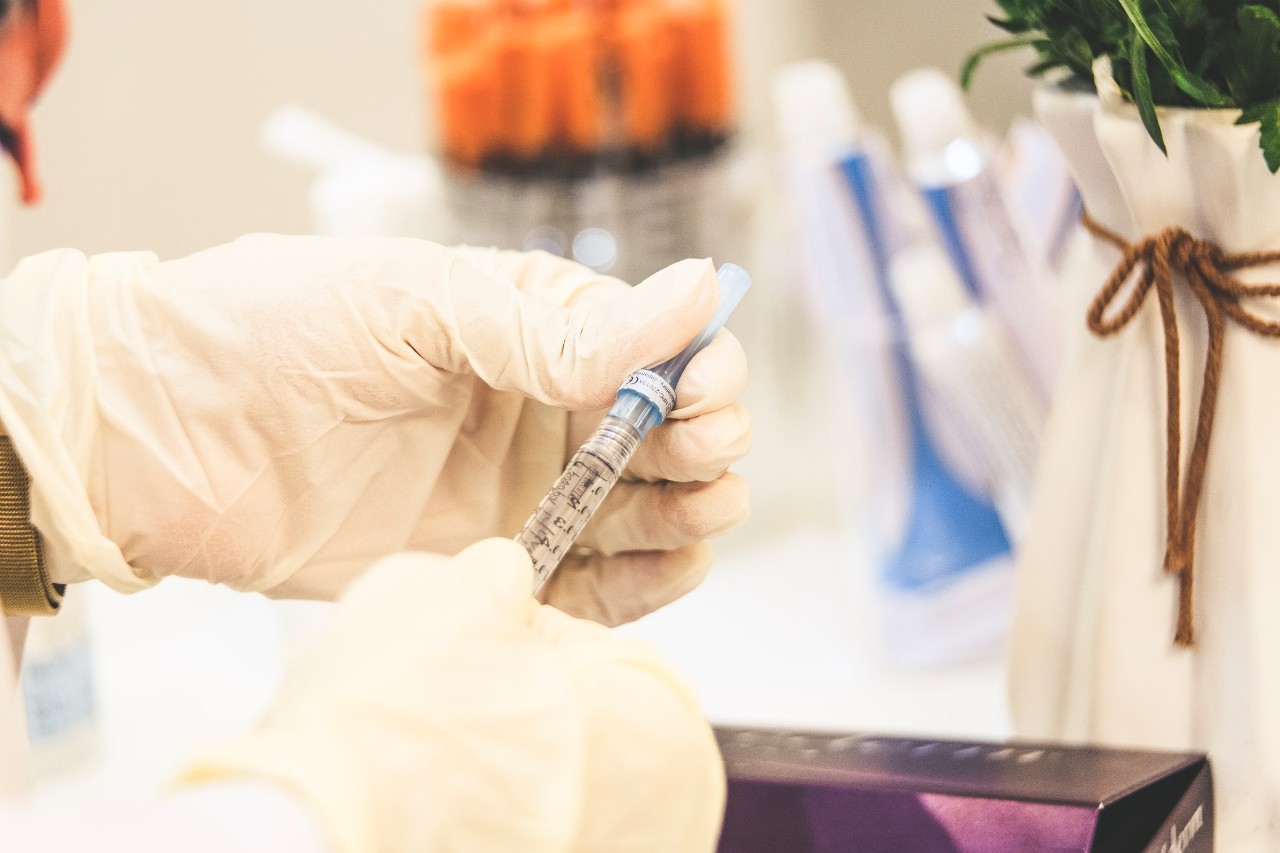
Vaccine Hesitancy: Public Trust, Expertise, and the War on Science March 31
A virtual discussion on the public acceptance of vaccinations
COVID-10 vaccines are currently undergoing strong public scrutiny, just as all vaccines have since the first vaccine, the smallpox vaccine, was introduced in 1796. This is the topic of an upcoming virtual talk featuring author Maya J. Goldenberg and her new book "Vaccine Hesitancy: Public Trust, Expertise, and the War on Science."
This virtual talk, taking place on March 31 at 7 p.m., is hosted by the University of Cincinnati’s Center for Public Engagement with Science (PEWS) and Cincinnati’s Mercantile Library and also sponsored by the Philosophy of Science Association (PSA).

Maya Goldenberg, a philosopher of science and medicine at the University of Guelph, and UC faculy member Angela Potochnik to discuss Goldenberg's newly published book about vaccine hesitancy.
“Among these organizations, we all share an interest in humanistic inquiry into science and into the roles science plays in our society. I like to think of these events as a way to highlight how we can use philosophy, history, and other humanistic approaches to deepen our understanding of science,” says Angela Potochnik, a UC professor of philosophy and director of UC’s Center for Public Engagement with Science.
At this event, Potochnik and Goldenberg will discuss public acceptance of vaccinations as a key component of the public’s interface with science.
Goldenberg is associate professor of philosophy in the Department of Philosophy at the University of Guelph. Her research centers on the philosophy of science and medicine, with interest in the connection between science and values.
Potochnik’s research addresses the nature of science and its successes, the relationships between science and the public, and methods in population biology. She is the author of "Idealization and the Aims of Science" (2017) and coauthor of "Recipes for Science" (2018), an introduction to scientific methods and reasoning.
“We are thrilled to host Maya Goldenberg, a philosopher of science and medicine at the University of Guelph, to discuss her newly published book about vaccine hesitancy. Public acceptance of vaccinations is a key component of the public’s interface with science,” says Potochnik.
“It may be convenient to think that vaccine hesitancy is a result of the public’s limited understanding of science, but Goldenberg argues that it has more to do with challenging issues surrounding public trust of science. COVID-19 and ensuing vaccination efforts have brought these issues to the forefront of popular dialogue, and we’re thrilled to be hosting such a timely discussion.”
Featured image at top of health care worker loading a syringe. Photo/Sam Moqadam/Unsplash.
Impact Lives Here
The University of Cincinnati is leading public urban universities into a new era of innovation and impact. Our faculty, staff and students are saving lives, changing outcomes and bending the future in our city's direction. Next Lives Here.
Related Stories
First-ever Gen-Z Insights event hosted by UC NEXT Innovation...
April 19, 2024
In academia, the intersection of innovation, collaboration and the fresh perspectives of the University of Cincinnati NEXT Innovation Scholars (NIS) holds immense promise. As a multi-disciplinary student group of innovators, the program balances university, corporate and non-profit partners. NIS students are driven by curiosity, passion, future creation and pursuing innovation, fostering a community of forward-thinkers poised to tackle tomorrow's challenges today. Recently, these young visionaries hosted an inaugural Gen-Z Insights showcase event at the UC 1819 Innovation Hub. The packed room of attendees included 1819 corporate partners such as Kao and Main Street Ventures and distinguished faculty and staff members. All were eager to hear and learn more from NIS scholars and the industry projects they worked on throughout the year.
Alabama.com: How a new self-test for HPV could be a game changer
April 19, 2024
The University of Cincinnati's Leeya Pinder was featured in an Alabama.com/Reckon article about how self-testing for HPV could make preventative care more accessible to those facing the most barriers.
WVXU: Test your word puzzle skills with a Cincinnati...
April 18, 2024
Cincinnati edition host Lucy May discusses the history and new found popularity of word games with Michael Griffith, professor English. Griffith is a writer, but also develops word games for publication.
